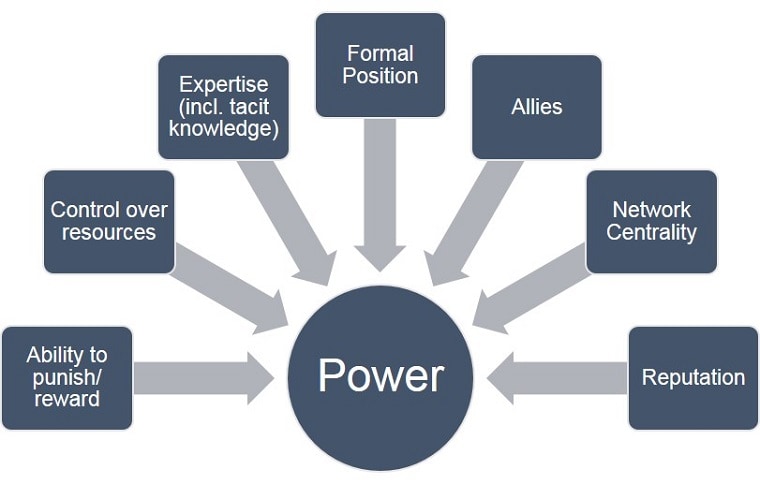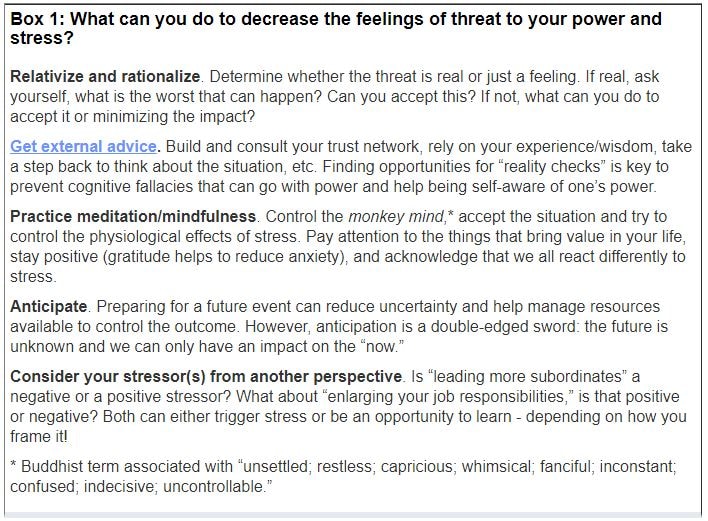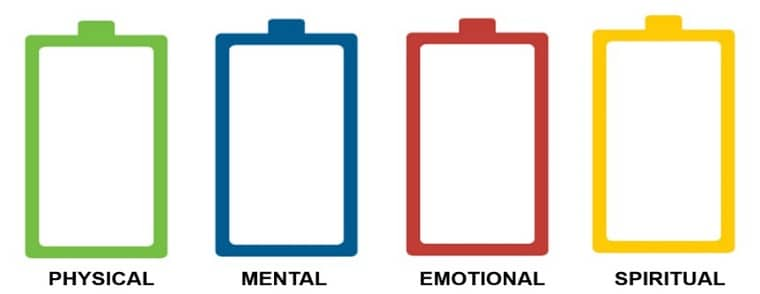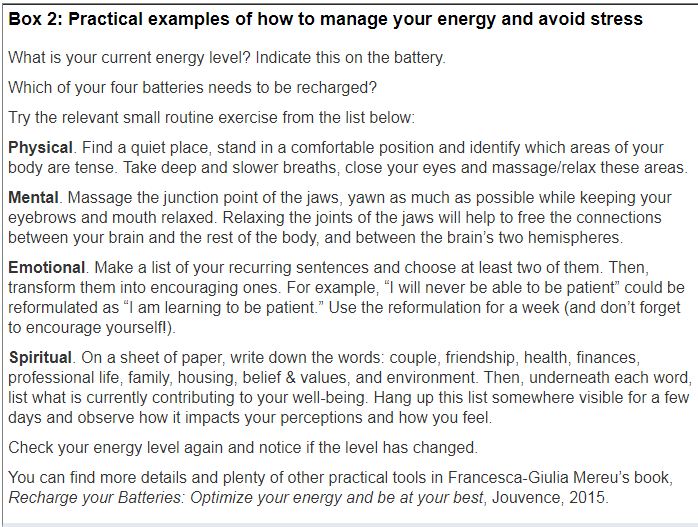
Power, stress and your leadership
Stress is recognized worldwide as a major challenge to workers' health and well-being
 Image: Shutterstock
Image: Shutterstock In a recent Discovery Event, participants discovered how being in a powerful position influences stress and behaviors in the workplace. While power reduces stress, a perceived threat to this power can have the opposite effect. This, in turn, can affect risk preferences, power sharing and how you inspire and motivate your team. Participants learned a few simple tools to identify stress triggers and manage their stress and energy levels to continue to lead effectively, even in challenging times.
Stress is recognized worldwide as a major challenge to workers’ health and well-being. In times of turbulence and uncertainty, this burden can be even more difficult to carry. Breaking the habitual responses to stress is not easy (and coffee or energy drinks are not much help!). However, a better understanding of how to protect yourself against the negative effects of stress is critical not only for yourself but also for your team. As we are going to discover, power and stress might be negatively affecting your behavior at work and, thus, your leadership.
What is power?
A common definition of power is the capacity to influence your environment and take decisions. From a broader perspective, power is measured as your control over valued outcomes or resources. As illustrated in Figure 1, power can be endowed by others (through networks, reputation, allies, etc.) or it can come from your expertise, your ability to punish and reward, your charisma.

Figure 1: Sources of power
Although both power and leadership involve influence, power is neither a necessary nor a sufficient condition for leadership to exist. But status, which refers to how much others acknowledge your power, plays a key role in allowing leadership to happen. For example, Nelson Mandela still managed to motivate others to fight against apartheid when he was in prison and had no control over any resources.
[This article has been reproduced with permission from IMD, a leading business school based in Switzerland. http://www.imd.org]







